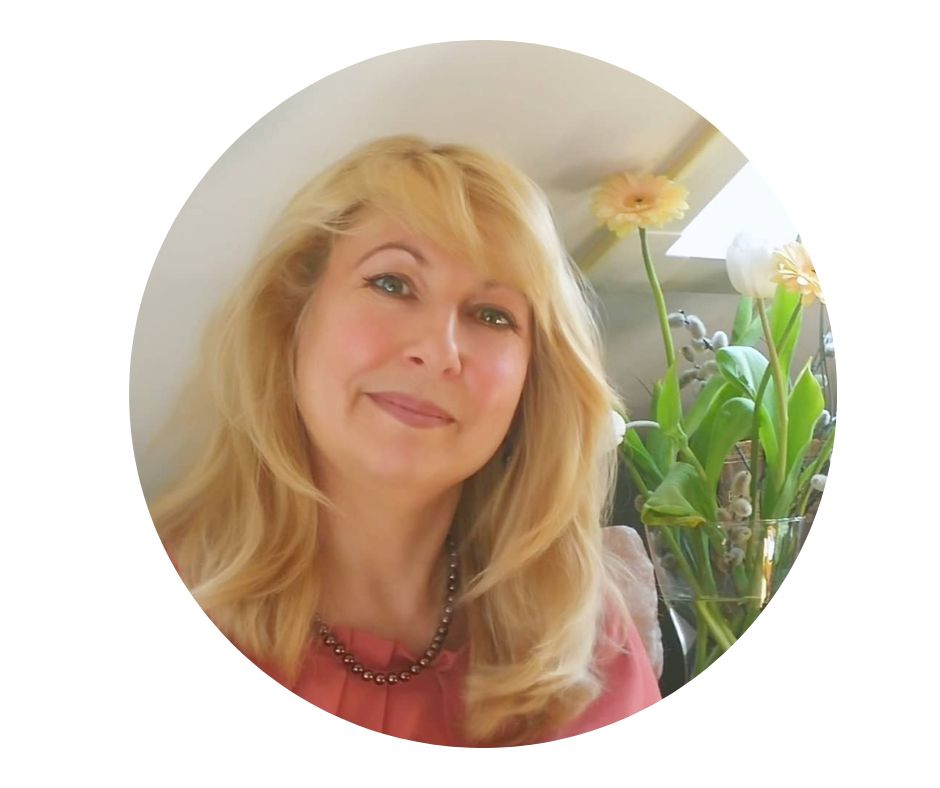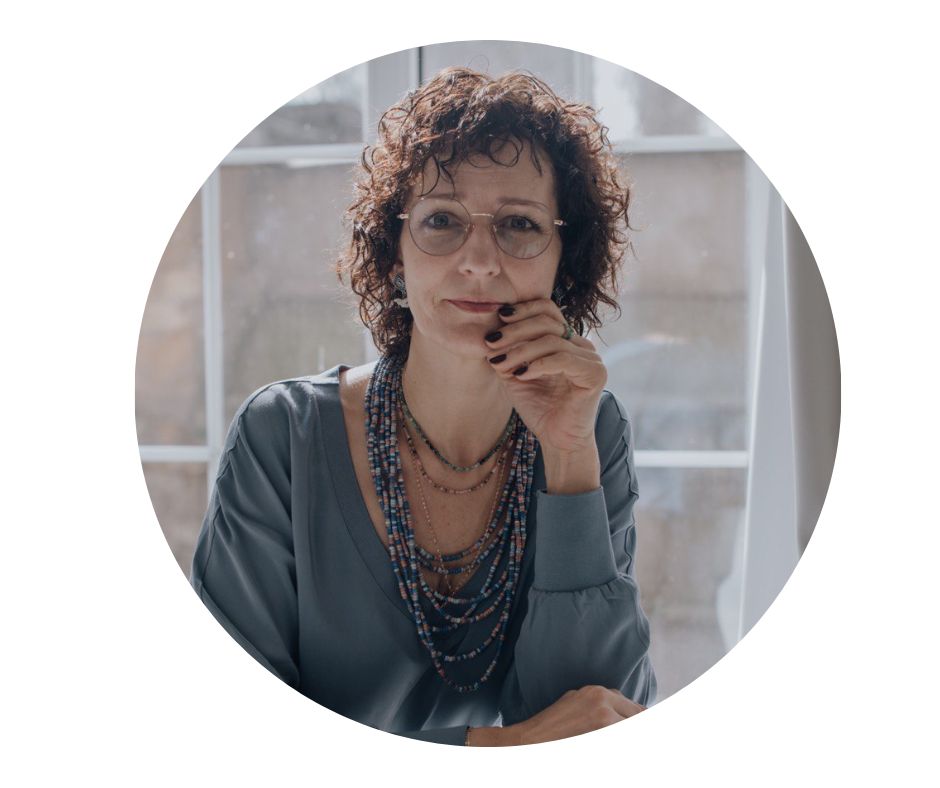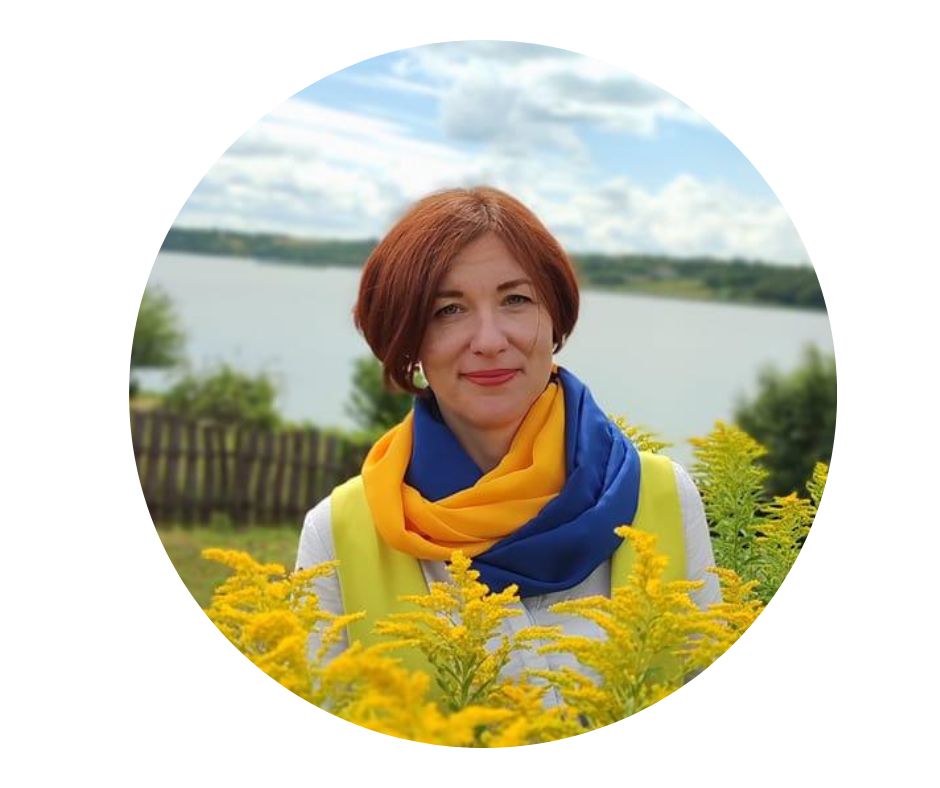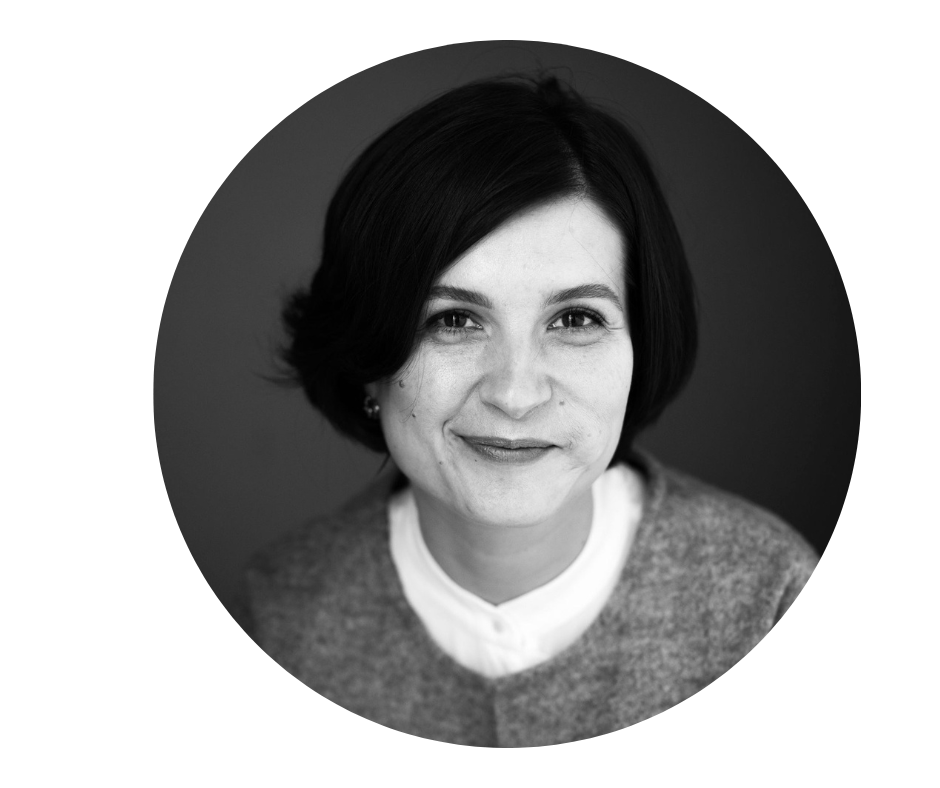Online training: “The norm of life in prolonged stress” for legal aid specialists
The “Helping those who help” program continues, and on July 4 and 5, 2023, an online training was held: “The norm of life in prolonged stress”, for specialists who provide legal aid.
Legal aid is often inextricably linked with psychological aid. Lawyers can provide some psychological help to the victims without even realizing it, for example, by listening to the person's problem and providing clear instructions for action, which helps to stabilize their psychological state, and be there until the situation is resolved. At the same time, delving into the client's situation, perceiving the pain experienced by a person, lawyers may be additionally psychologically traumatized and exhausted. Therefore, in the current conditions, it is important to support not only clients, but also the specialists themselves who are providing legal assistance.
It is important to understand the processes that occur with the client(s) and one's own psychological state, to be able to apply psychological support practices depending on the level of trauma of the client(s), to prevent one's own trauma in order to provide the highest quality care in general.
That is why the Human Rights Vector NGO developed the program “Helping those who help”, which combines training and support measures for lawyers and specialists in psychological and medical fields.
The online training “The norm of life in prolonged stress” was attended by 46 participants who listened to lectures from the trainers. In the practical portions, they discussed their own requests and expectations for the program. The trainers shared techniques for overcoming stressful situations, recovering one’s emotional state, and also discussed the lecture materials and application of these ideas in practice. At the end, the participants shared their impressions of the event and their own experience of helping others and themselves.
The trainers of the event were:
 Iryna Ratzke-Rybak, psychoanalyst, group analysis trainer, family therapist, supervisor.
Iryna Ratzke-Rybak, psychoanalyst, group analysis trainer, family therapist, supervisor.
Iryna is the Head of the Department of Psychoanalytic Psychotherapy for Couples and Families, a supervisor and training analyst at the Association of Psychologists and Psychotherapists of Ukraine (APPU), a delegate of the European Federation of Psychoanalysts and Psychotherapists (EFPP), a full member of the Group Analytic Society International (GASI). She has more than 20 years of experience as a therapist and training analyst in individual and group therapy. An important aspect of her work is the training of specialists and supervision of other supervisors. She has international training in trauma work (Israel).
Iryna provides group psychological and psychosocial support to women and children who are forced migrants from Ukraine in Germany at EBW (Evangelical Academy).
 Ruslana Rudenko, psychoanalysis-oriented psychologist working with children, adolescents, adults and families.
Ruslana Rudenko, psychoanalysis-oriented psychologist working with children, adolescents, adults and families.
Ruslana has additional specialization in trauma work and Jungian Sand Play therapy. Supervisor, teaching analyst at Odesa Psychoanalytic Society (OPS). Teacher at the Odesa Psychoanalytic Institute of Postgraduate Education.
Ruslana holds lectures for parents and OPS students on attachment theory, child psychology, play psychotherapy and child psychoanalysis, as well as non-analytic methods of trauma therapy. She participates in the organization of seminars and conferences of the OPS.
Social activities: organization of social projects for overcoming trauma and preventing psychological burnout for volunteers, servicemen, IDPs and social workers; psychological support for military personnel and their family members.
 Natalia Pidkalyuk, psychiatrist, Trauma Focus trainer (Institute of Neuropsychotherapy, Austria), head of IPSI NGO.
Natalia Pidkalyuk, psychiatrist, Trauma Focus trainer (Institute of Neuropsychotherapy, Austria), head of IPSI NGO.
Natalya participates in educational projects on group psychoanalysis (APPU), clinical hypnosis (APPU), reconsolidation of traumatic memories (randrproject), and crisis leadership programs (Center for Humanitarian leadership).
Natalya has 20 years of professional experience, 12 of which she worked in a psychiatric hospital in various departments (acute conditions, neuroses, gerontology, she headed the department of coercive medical measures with enhanced supervision). In 2017, a center for medical and psychological rehabilitation of stress disorders was created as part of the polyclinic together with the local authorities. Since December 2021, she has been conducting private practice and is the head of an NGO: IPSI.
Since the beginning of the full-scale war, IPSI has provided psychosocial support services to people affected by the war, with individual consultations and group classes. In total, supporting more than 10,000 people. This work is done both on the grounds of the Center and in the Khmelnytskyi region. It also conducts trainings for people in aid professions on the prevention of professional burnout, and organizes educational events for psychologists.
 Lilia Oliynyk, lawyer, mediator, lawyer at the hotline for psychological and legal assistance by Human Rights Vector NGO.
Lilia Oliynyk, lawyer, mediator, lawyer at the hotline for psychological and legal assistance by Human Rights Vector NGO.
Lilia is a participant in JurFem's support initiatives to help victims of sexual violence and all types of gender discrimination. She has experience in dealing with conflicts in places of assistance to internally displaced persons. She is the author of several scientific publications and manuals on the observance of children's rights and the practice of the European Court of Human Rights (Ukraine).
Lecture topics:
The event was moderated by Valeria Rybak, director of the Human Rights Vector NGO.
We thank the trainers and participants for their fruitful work and for the warm feedback.
For reference: The project «Helping those who help» is implemented by the NGO Human Rights Vector with financial support from the European Union, within the framework of the Stiykist Program. The Stiykist Program is a 30-month project funded by the European Union and implemented by ERIM in partnership with the Black Sea Trust, the Eastern Europe Foundation, the Human Rights Houses Foundation and the Human Rights House in Tbilisi. The project is aimed at strengthening the resilience and effectiveness of war-affected CSOs and civil society workers affected by the war in Ukraine, including independent media and human rights defenders.
Legal aid is often inextricably linked with psychological aid. Lawyers can provide some psychological help to the victims without even realizing it, for example, by listening to the person's problem and providing clear instructions for action, which helps to stabilize their psychological state, and be there until the situation is resolved. At the same time, delving into the client's situation, perceiving the pain experienced by a person, lawyers may be additionally psychologically traumatized and exhausted. Therefore, in the current conditions, it is important to support not only clients, but also the specialists themselves who are providing legal assistance.
It is important to understand the processes that occur with the client(s) and one's own psychological state, to be able to apply psychological support practices depending on the level of trauma of the client(s), to prevent one's own trauma in order to provide the highest quality care in general.
That is why the Human Rights Vector NGO developed the program “Helping those who help”, which combines training and support measures for lawyers and specialists in psychological and medical fields.
The online training “The norm of life in prolonged stress” was attended by 46 participants who listened to lectures from the trainers. In the practical portions, they discussed their own requests and expectations for the program. The trainers shared techniques for overcoming stressful situations, recovering one’s emotional state, and also discussed the lecture materials and application of these ideas in practice. At the end, the participants shared their impressions of the event and their own experience of helping others and themselves.
The trainers of the event were:
 Iryna Ratzke-Rybak, psychoanalyst, group analysis trainer, family therapist, supervisor.
Iryna Ratzke-Rybak, psychoanalyst, group analysis trainer, family therapist, supervisor.Iryna is the Head of the Department of Psychoanalytic Psychotherapy for Couples and Families, a supervisor and training analyst at the Association of Psychologists and Psychotherapists of Ukraine (APPU), a delegate of the European Federation of Psychoanalysts and Psychotherapists (EFPP), a full member of the Group Analytic Society International (GASI). She has more than 20 years of experience as a therapist and training analyst in individual and group therapy. An important aspect of her work is the training of specialists and supervision of other supervisors. She has international training in trauma work (Israel).
Iryna provides group psychological and psychosocial support to women and children who are forced migrants from Ukraine in Germany at EBW (Evangelical Academy).
 Ruslana Rudenko, psychoanalysis-oriented psychologist working with children, adolescents, adults and families.
Ruslana Rudenko, psychoanalysis-oriented psychologist working with children, adolescents, adults and families.Ruslana has additional specialization in trauma work and Jungian Sand Play therapy. Supervisor, teaching analyst at Odesa Psychoanalytic Society (OPS). Teacher at the Odesa Psychoanalytic Institute of Postgraduate Education.
Ruslana holds lectures for parents and OPS students on attachment theory, child psychology, play psychotherapy and child psychoanalysis, as well as non-analytic methods of trauma therapy. She participates in the organization of seminars and conferences of the OPS.
Social activities: organization of social projects for overcoming trauma and preventing psychological burnout for volunteers, servicemen, IDPs and social workers; psychological support for military personnel and their family members.
 Natalia Pidkalyuk, psychiatrist, Trauma Focus trainer (Institute of Neuropsychotherapy, Austria), head of IPSI NGO.
Natalia Pidkalyuk, psychiatrist, Trauma Focus trainer (Institute of Neuropsychotherapy, Austria), head of IPSI NGO.Natalya participates in educational projects on group psychoanalysis (APPU), clinical hypnosis (APPU), reconsolidation of traumatic memories (randrproject), and crisis leadership programs (Center for Humanitarian leadership).
Natalya has 20 years of professional experience, 12 of which she worked in a psychiatric hospital in various departments (acute conditions, neuroses, gerontology, she headed the department of coercive medical measures with enhanced supervision). In 2017, a center for medical and psychological rehabilitation of stress disorders was created as part of the polyclinic together with the local authorities. Since December 2021, she has been conducting private practice and is the head of an NGO: IPSI.
Since the beginning of the full-scale war, IPSI has provided psychosocial support services to people affected by the war, with individual consultations and group classes. In total, supporting more than 10,000 people. This work is done both on the grounds of the Center and in the Khmelnytskyi region. It also conducts trainings for people in aid professions on the prevention of professional burnout, and organizes educational events for psychologists.
 Lilia Oliynyk, lawyer, mediator, lawyer at the hotline for psychological and legal assistance by Human Rights Vector NGO.
Lilia Oliynyk, lawyer, mediator, lawyer at the hotline for psychological and legal assistance by Human Rights Vector NGO.Lilia is a participant in JurFem's support initiatives to help victims of sexual violence and all types of gender discrimination. She has experience in dealing with conflicts in places of assistance to internally displaced persons. She is the author of several scientific publications and manuals on the observance of children's rights and the practice of the European Court of Human Rights (Ukraine).
Lecture topics:
- “The risks of aid professions and additional burden when dealing with trauma”, Iryna Ratzke-Rybak;
- “Cross-sectoral interaction of legal, psychological and psychiatric aid specialists to identify needs for various types of assistance”, Natalya Pidkalyuk.
The event was moderated by Valeria Rybak, director of the Human Rights Vector NGO.
We thank the trainers and participants for their fruitful work and for the warm feedback.
For reference: The project «Helping those who help» is implemented by the NGO Human Rights Vector with financial support from the European Union, within the framework of the Stiykist Program. The Stiykist Program is a 30-month project funded by the European Union and implemented by ERIM in partnership with the Black Sea Trust, the Eastern Europe Foundation, the Human Rights Houses Foundation and the Human Rights House in Tbilisi. The project is aimed at strengthening the resilience and effectiveness of war-affected CSOs and civil society workers affected by the war in Ukraine, including independent media and human rights defenders.

Comments ()